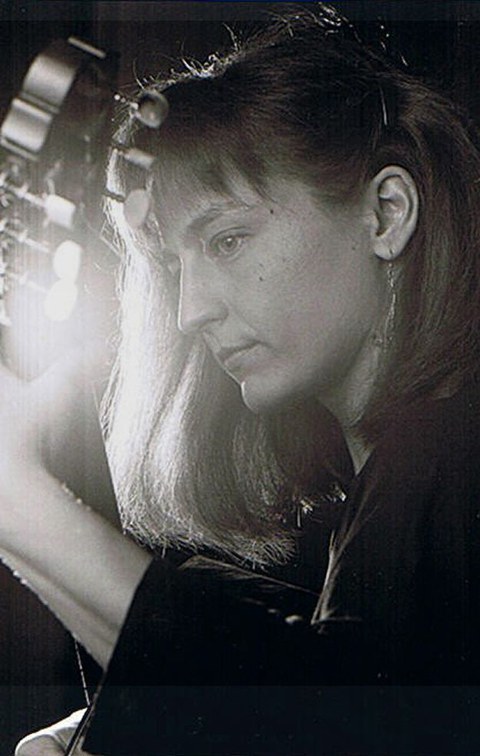Four-language songs filled the air. The literatures from Czernowitz
12th Yiddish Music and Theater Week Dresden
- Encounters with Jewish Life -
October 15 to 26, 2008
Exhibition
Four-language songs filled the air.
The literatures from Czernowitz
09.10. - 29.10.08 | Auditorium Center of the TU Dresden
Free admission
The cultural universe of Czernowitz, a multilingual intellectual world with a flourishing literary life, came to an abrupt end with the Second World War and the Shoa.
The Rose Ausländer editor Helmut Braun has compiled books, documents, photos and letters that document Czernowitz as a topos in literature, as the city in which German-language authors such as Rose Ausländer, Paul Celan and Gregor von Rezzori, as well as Yiddish, Romanian and Ukrainian authors, wrote and worked.
In cooperation with the MitteleuropaZentrum of the TU Dresden.
Auditorium Center of the TU Dresden, Bergstraße 64
Opening hours of the exhibition: Mon-Fri 7:30 a.m. - 8 p.m.
Vernissage to the exhibition
Wed 08.10.08 | 8 pm | Auditorium Center of the TU Dresden
Two voices from Czernowitz: Rose Ausländer and Selma Meerbaum-Eisinger
Musical settings and recitations by and with Ursula Kurze (Dresden)
Free admission
Rose Ausländer, born in 1901 in Czernowitz, Bukovina, died in 1988 in Düsseldorf, studied literature and philosophy. She survived the years of persecution by the National Socialists in the ghetto of Czernowitz in a cellar hiding place. She emigrated to the USA in 1946 and returned to Europe in 1964. She published more than 30 volumes of poetry and received numerous literary awards. She is one of the great poets of the German language. Selma Meerbaum-Eisinger, born in 1924 in Czernowitz, perished in 1942 in the German labor camp Michailowka, wrote poems that are a piece of world literature, but are hardly known in the world. Loose sheets, held together by a cord, dedicated to her Jewish friend, a floral pattern on the cover of the album, some pages left blank. She wrote of love, longing, a premonition of death and hope.
Two great poets, one world-famous, the other virtually unknown. The poetry of both women is characterized by the landscape they invented, by the beech forests of Bukovina, by the many cultures and languages that surrounded them, by a special place "where people and books lived" (Paul Celan).
Ursula Kurze, born in 1963, first musical training at the Cottbus Conservatory, studied at the music academies in Weimar, Leipzig and Freiburg i.Br. (concert guitar, singing, composition and acting). 1985-89 solo guitarist/ accompanist at the Volkstheater in Rostock, birth of two children, since then freelance concert guitarist, singer, actress and teacher in Dresden and Freiburg i.Br. Primarily sets poems by S. Meerbaum-Eisinger, A. Bostroem, R. Ausländer, M. Kaléko, H. Hesse, R. M. Rilke, among others. Extensive concert activity in Germany, guest performances in Switzerland, Poland, Sweden and Australia.

